What Does MFN Mean on Amazon?
Before knowing the exact details about this kind of shipping, let’s first understand what MFN actually means. MFN stands for Merchant Fulfilled Network. In this method, the seller is responsible for storing the inventory, packaging the products, shipping them directly to the customers, and handling everything related to fulfillment. Essentially, the seller becomes their own fulfillment center.
You may have already heard of the FBA method. It’s also good to know that FBM is another name for MFN. Both terms mean the same thing on Amazon. When sellers use this method, they list their products on Amazon, but they handle all aspects of fulfillment on their own.
How Amazon MFN Works
Here we explain how this method works and what you should do as a seller if you choose the MFN model.
First, you should list your products on your Amazon seller account. Show the items you want to sell with high-quality pictures and the best, clear information about them.
After that, customers will find your products on Amazon and place their orders. Once you receive an order, your work begins. Because you picked this method, you need to handle each order yourself, for example, pack the items, ship them directly to the customer’s address, and make sure everything is sent on time. You should also provide tracking information for the shipment so the customer can follow their order.
Your work doesn’t end after shipping. You must also take care of customer service issues related to the order. For example, if an item arrives damaged or if the customer wants to return the product, you need to respond to their request and handle it properly.
Benefits of Amazon MFN
Maybe you wonder why we should choose MFN and handle all aspects of shipping instead of picking FBA. Here are several key benefits of this method compared to FBA.
Lower fees
By choosing MFN, you can save money on Amazon fulfillment fees, because you don’t need to pay for Amazon’s storage, picking, or packing services. These fees can be very high, especially for large or oversized products.
Full control over packaging and branding
With MFN, you control how your products are packaged and shipped. This means you can add personal touches like a thank-you note, branded packaging, or a small gift. This is great for building your own brand and creating a positive impression that can lead to repeat customers.
Flexibility for oversized or special items
Oversized and heavy products often have high storage and fulfillment fees in FBA. Amazon may also limit how much inventory you can send to their warehouses. With MFN, you manage your own inventory space and can decide how many items to stock based on your needs and available storage.
No need to send inventory to Amazon warehouses
When you use FBA, you must send all your inventory to Amazon’s fulfillment centers before selling. With MFN, you can store products yourself and ship them only after receiving an order. This is helpful if you don’t want to invest heavily upfront
Challenges of Amazon MFN
There is no doubt that every method has its own challenges, and MFN comes with specific ones that sellers should know before choosing it. You must also take full responsibility for handling these challenges.
Longer delivery times
With MFN, delivery speed is usually slower than FBA, especially if you ship from a warehouse located far from the customer. This can lead to longer delivery times compared to Amazon’s fast Prime shipping.
Strict performance requirements
As a seller, you must meet Amazon’s strict performance metrics, such as on-time shipping, providing valid tracking, and handling returns correctly. Failing to meet these requirements may result in account warnings or even suspension.
Increased workload
With MFN, the seller is responsible for everything, packaging, shipping, and customer service. If you have a team to help you, it’s manageable. But if you are handling your business individually, this can become a big challenge and very time-consuming.
Difficulty getting the Prime badge
Perhaps the biggest downside of MFN is that your products do not automatically qualify for the Prime badge. Since most customers prefer buying Prime-eligible products, this may reduce your sales. The only way to get Prime with MFN is through the Seller Fulfilled Prime (SFP) program, where you must meet strict requirements such as shipping within 1–2 days.
Amazon MFN vs. FBA
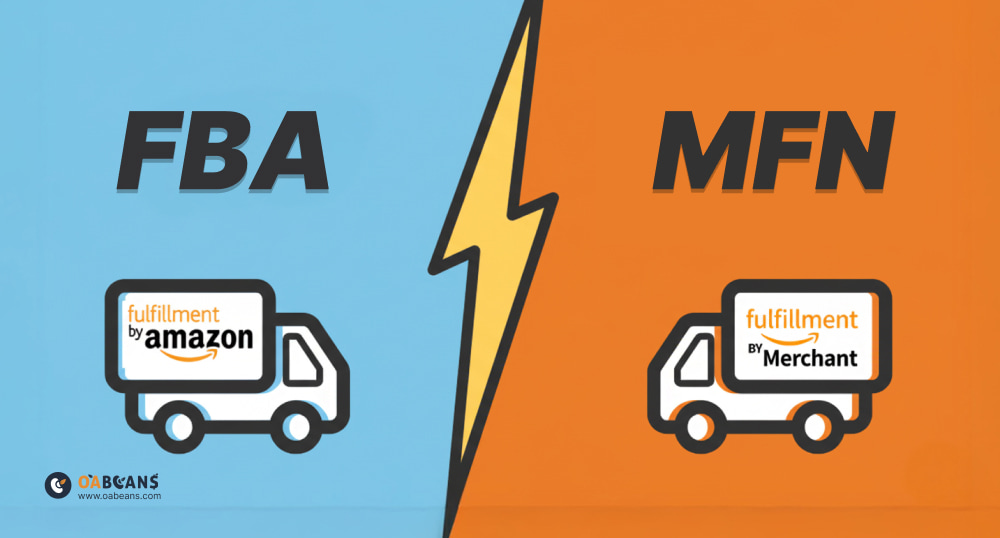
| Feature | MFN (Merchant Fulfilled) | FBA (Fulfilled by Amazon) |
| Storage | Seller stores inventory in their own facility or warehouse | Inventory stored at Amazon’s fulfillment centers |
| Shipping | Seller packs and ships orders directly to each customer | Amazon picks, packs, and ships orders for the seller |
| Fees | Lower Amazon fees | Higher Amazon fees (includes fulfillment, storage, and other FBA service fees) |
| Prime Eligibility | Not automatically Prime; only eligible via SFP | Prime badge on all listings by default |
| Control | Full control over packaging, branding, and shipping processes | Limited control, but far less hands-on work for the seller |
If you’re choose to start your business using FBA, we recommend reading our full guide about How to Start an Amazon FBA Business.
When Should Sellers Use MFN?
Before starting your business , you should know that this method is not ideal for every situation. However, there are some cases where MFN can be more beneficial than FBA:
Slow-selling or seasonal products
If you have products with slow sales velocity or seasonal items that may sit in storage for a long time, the storage fees in FBA can become expensive. In this case, it’s better to ship them using the MFN method.
Products that need special packaging or branding
If your products require custom packaging, or you want to promote your brand by adding small gifts, or branded inserts, MFN gives you the flexibility to handle this yourself.
Sellers with warehouse access and reliable shipping
If you already have your own warehouse or access to a trusted shipping and logistics partner, MFN allows you to save on Amazon’s storage and fulfillment fees while using your own system.
Oversized or heavy products
Large and heavy items usually have high FBA fees. By choosing MFN, you can avoid those extra costs and keep more profit.
Tips for Success with MFN
If you decide to use the MFN network, these tips can help you ensure that your seller performance stays strong:
- Speed and reliability are crucial. A trusted shipping company will give you valid tracking numbers for every package. By using Amazon’s Buy Shipping service or similar tools, you can add tracking automatically to your account.
- Handling orders manually can become overwhelming. Use apps, tools, or websites to manage your orders more efficiently. For example, you can print shipping labels in bulk, set up inventory alerts, and use message templates for customer communication.
- Make sure you have enough inventory to fulfill orders on time. Anticipate sales volume and restock before running out. In MFN, on-time shipping is critical to maintain good account health.
- Your behavior with customers greatly impacts your success as an MFN seller. Answer all customer questions politely and quickly. If there’s any issue with shipping, packaging, or product condition, resolve it professionally to keep your buyers satisfied and protect your seller rating.
Conclusion
The Amazon Merchant Fulfillment Network is a good alternative for fulfilling certain types of products with special requirements. This method gives sellers more flexibility and cost control, making it a great choice for specific items. For example, oversized or heavy products, or seasonal goods that may need long-term storage. It also allows sellers to manage their own packaging and handling to better reflect their brand.
However, choosing between MFN and FBA depends on your business goals. For instance, sellers often choose FBA for small, fast-selling products that need quick delivery and Prime eligibility, while using MFN for products that are bulky, slow-moving, or require custom handling to save on FBA fees.
FAQ
- Is MFN the same as FBM on Amazon?
Both mean that the seller, rather than Amazon, handles storage, packaging, and shipping.
- Do MFN sellers still pay Amazon fees?
MFN sellers must still pay Amazon’s standard selling fees, such as referral fees and any subscription fees.
- Can MFN sellers get the Prime badge?
Not by default. But sellers with excellent performance like fast shipping, reliable tracking and low cancellations can qualify through the Seller Fulfilled Prime (SFP) program.
- Is MFN cheaper than FBA?
It really depends. MFN avoids FBA’s storage and fulfillment fees, so it’s often cheaper for large, heavy, or slow-selling products. But for small-sized or high-demand products, FBA may be more cost-effective.
- Who should use MFN?
For sellers who can store inventory and ship orders reliably, MFN can help them save on FBA fees and keep full control over packaging and branding. But if speed, Prime eligibility, and less operational work are priorities, FBA might be a better fit.


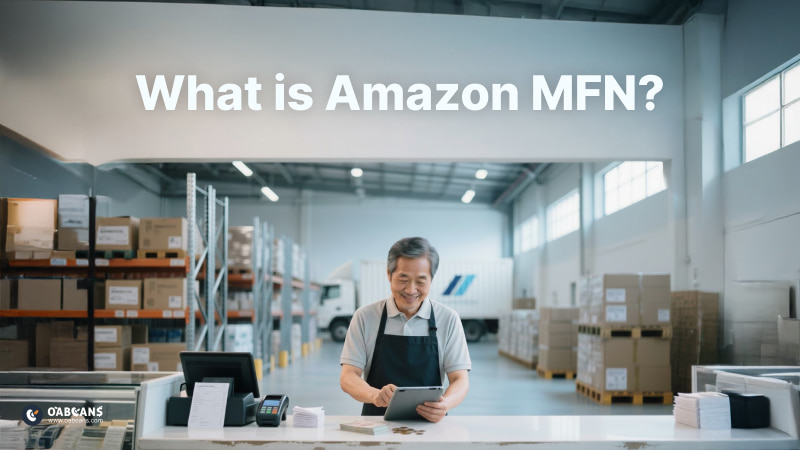
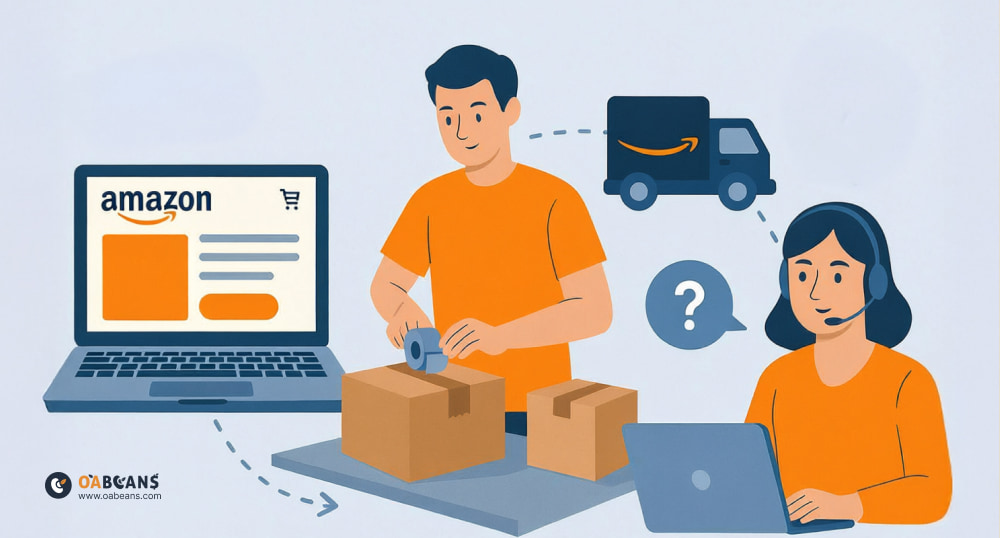

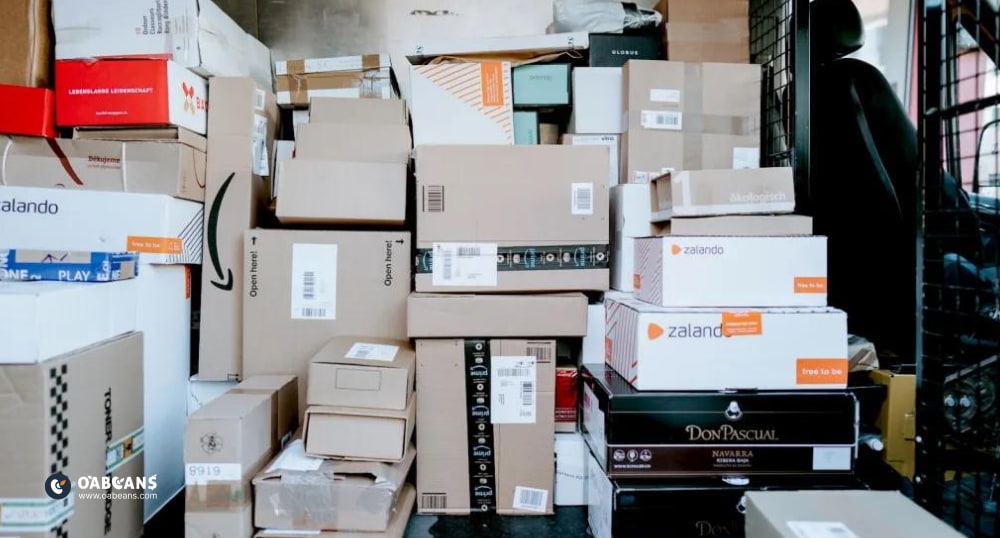
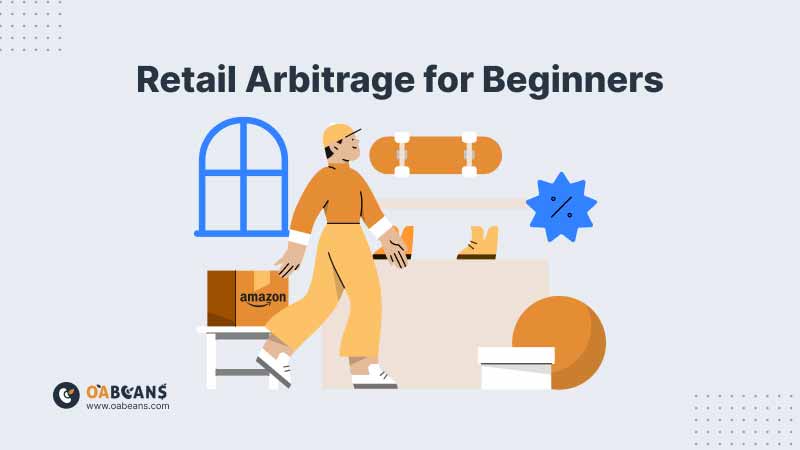
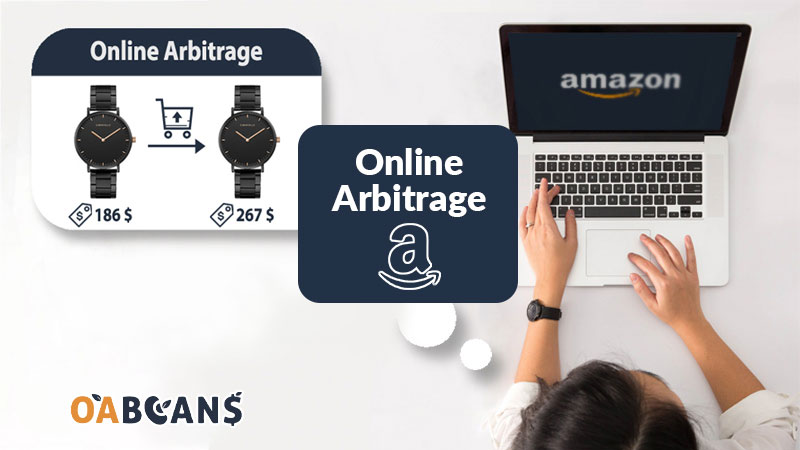
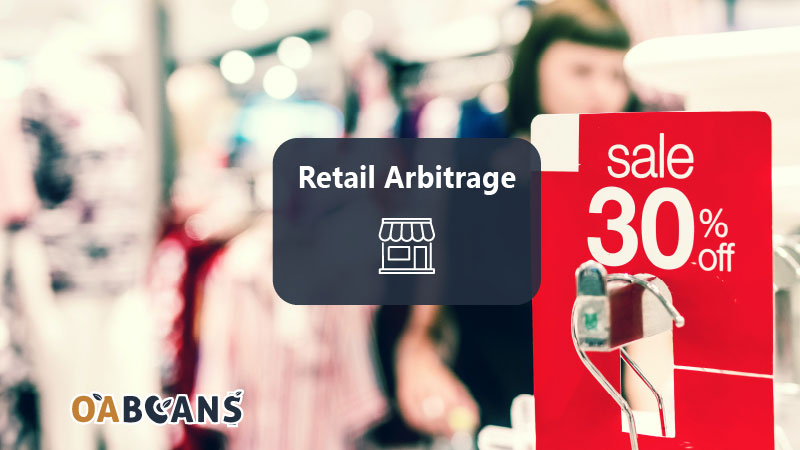
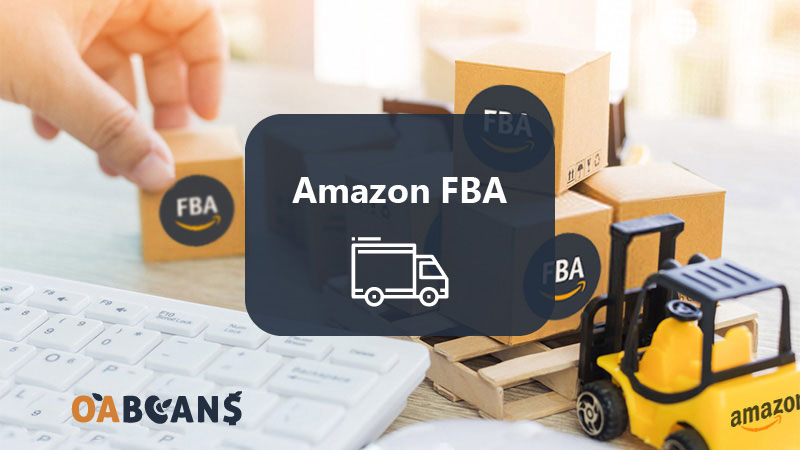




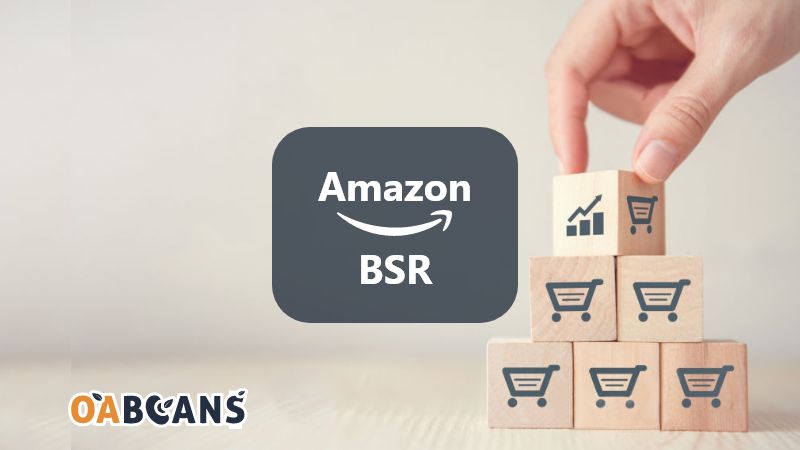

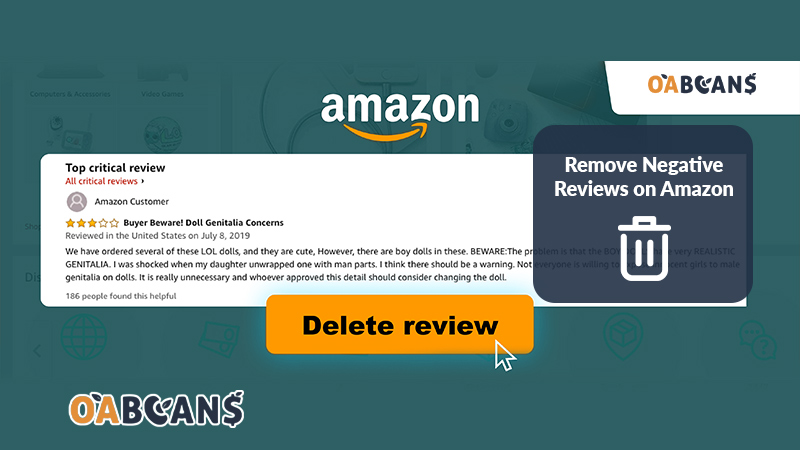
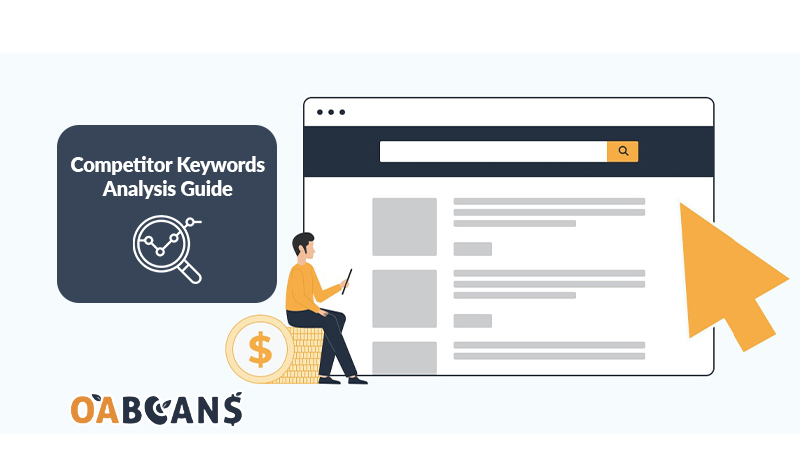
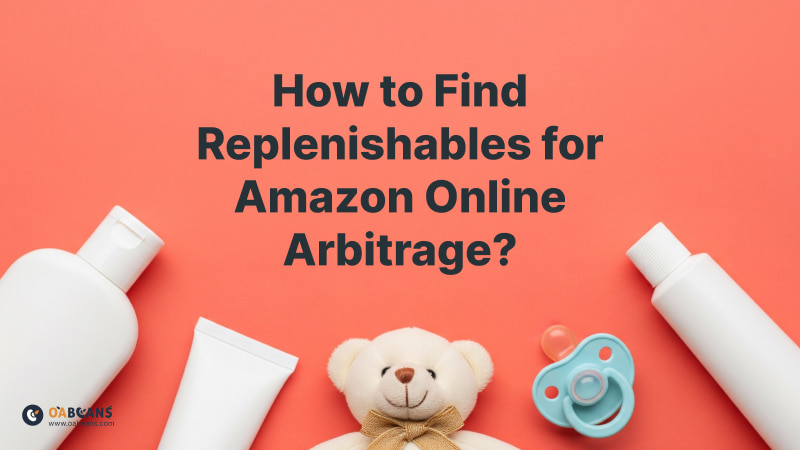




11 responses to “What is the Merchant Fulfillment Network (MFN)?”
With Amazon’s seller support resources and comprehensive seller central dashboard, online arbitrage sellers have access to valuable information and insights to optimize their business performance.
Online arbitrage on Amazon opens up opportunities to tap into a global customer base, reaching buyers from all around the world.
With Amazon retail arbitrage, you have the flexibility to source products from a variety of retail stores, giving you a diverse range of profitable opportunities.
Amazon’s advertising tools, such as Sponsored Products and Amazon PPC, help resellers boost product visibility and reach a wider audience.
By building relationships with suppliers and wholesalers, online arbitrage sellers can secure exclusive deals and discounts for profitable products.
Selling through Amazon’s platform gives retail arbitrage sellers access to a range of promotional opportunities, such as Lightning Deals and sponsored product placements.
As an Amazon reseller, you have the flexibility to set your own prices, allowing you to maximize your profit margins.
The competitive marketplace on Amazon drives online arbitrage sellers to constantly seek out new sourcing strategies and discover untapped product opportunities.
Reselling on Amazon opens up a world of possibilities, where you can explore different product categories and find your niche within the marketplace.
Amazon’s secure payment system and reliable customer service provide peace of mind for retail arbitrage sellers, ensuring smooth transactions and buyer satisfaction.
The FBA program is particularly beneficial for sellers who want to expand their business without investing in additional warehousing or shipping infrastructure.